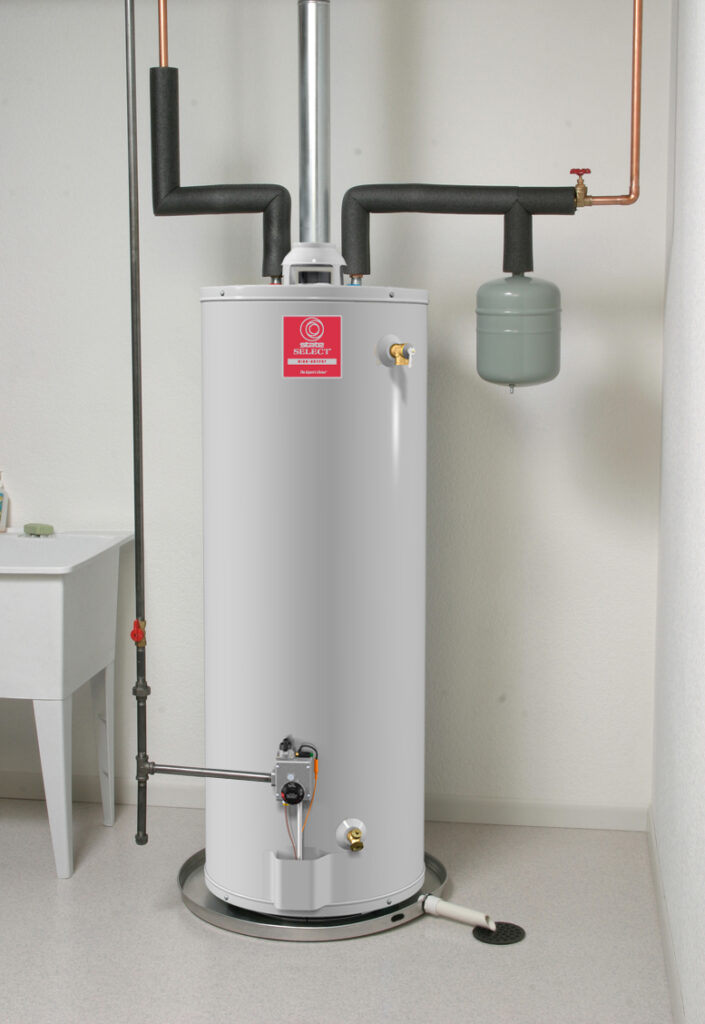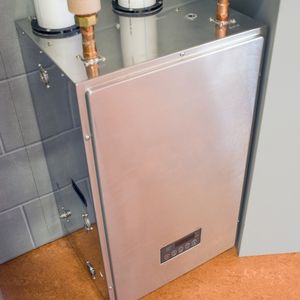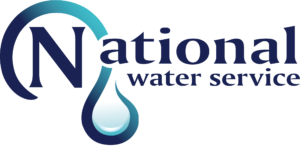The 3 Types of Water Heaters You Can Buy | Water Heater Pros and Cons
When it comes to water heaters there are a lot of things one shall consider.
Buyers tend to look for a number of qualities and factors before buying a water heater. The checklist of getting the perfect water heater is not a long one, but it certainly is important.
So, if you’re someone looking to buy a water heater for your home, you should know the options available in the market.
Whether it’s the type of water heaters available or the things you should look for in a water heater, staying updated about it will go a long way.
When should you replace your water heater
If you’re looking to replace your water heater, there are a few reasons or moments when you shall think of doing so. Keep an eye out for these signs you need a new water heater installation.
1. Your Current Warranty is Expired
Water heater manufacturers provide a fixed warranty on their products. This warranty is decided on the basis of the water heater’s design, technology and structure.
Once the warranty is over, there’s the issue of your water heater no more being covered for damages and repairs.
Moreover, you might see an uptick in your energy bills, as there’s a probability that a water heater out of warranty consumes more amount of energy.
2. Your Water Heater is Leaking
If there’s a leak in your water heater, most of the time there’s a chance that a local plumber can take a look at it and get it fixed. However, if the leak is big enough, not easy to fix or might cost you as much as a new water heater, it’s better to opt for a new heater.
3. Your Current Water Heater is Old
Water heaters, just like any other piece of machinery have a fixed date of operating effectively. Water heater designs and technology tend to develop after every few years. So, if your water heater has been there for a long time and has started showing signs of distress due to time, it might be a sign to get it replaced.
4. There's Been a Change in Building Code
Local building codes tend to change with time. If your building codes have changed, it might be time to update your water heater as well.
Local water companies or plumbers can help you assess the safety of your water heater installation, make, model, and current efficiency.
3 Types of Water Heaters To Purchase



1. Conventional Storage Tank Water Heater
Conventional water heaters are the most common ones out there. These are basically the ones that you might imagine when someone mentions a ‘water heater’ in front of you. Moreover, these are the most common kind of water heaters used by households in the United States.
Conventional water heaters consist of a large insulated tank which has a predefined capacity dependent on the water heater’s size.
The working of a conventional water heater is pretty simple. The water from your supply source is stored in the insulated tank and is heated to reach a specified temperature. It remains at the same temperature.
As soon as the temperature dips a little, the heating unit gets to work again and maintains the temperature. This is a continuous process that takes place throughout the time that your water heater is switched on.
Pros
a) Cost-effective for the long run
b) Low maintenance. Can easily last a decade
c) A readily available supply of hot water
Cons
a) Large and bulky units that some people might not prefer
b) Technically you will be paying for the energy even when you aren’t using it
c) The availability of water is directly dependent on the size of the tank

2. Tankless Water Heater
Tankless water heaters, also known as on-demand water heaters, are built keeping in mind the instant, and on-demand use of hot water.
As the name suggests, tankless water heaters do not consist of a tank, and hence there’s no fixed quantity of water that is heated by the water heater. Instead of storing the water and then heating it, a tankless water heater does the same by making the cold water pass through heating coils, which quickly heat up the water.
Tankless water heaters are a newer technology and tend to be more expensive than conventional water heaters. Just like conventional water heaters, they are also available in different capacities.
Tankless water heaters are available in natural gas and electric versions. The natural gas versions of water heaters are considered to be more efficient.
If maintained properly, tankless water heaters can easily last you for 8 to 10 years.
Pros
a) Endless supply of hot water
b) Smaller units (than their conventional counterparts), which take up lesser space
c) Low maintenance
Cons
a) Expensive to install
b) Electric versions might not be equally effective as their natural gas siblings

3. Hybrid Water Heater
Heat pump water heaters or hybrid water heaters differ greatly from the other two categories of water heaters mentioned above. Heat pump water heaters use the heat in the air or in the ground to heat water, rather than using a direct power source.
The heat is captured from the air or the ground and pumped through the water to heat it, hence, the name. Hybrid water heaters are very energy efficient and use up to 60% a lesser amount of energy than tank-based or tankless water heaters.
They come with a large insulated tank in which the water is stored and heated for use. Moreover, hybrid water heaters require almost 8 ft of space, around them, to work effectively.
Pros
a) Energy-efficient, as it uses 60% less energy than its other counterparts.
b) Environment-friendly, since it doesn’t use any direct source of energy
Cons
a) Requires a lot of space to operate effectively
b) Expensive to install
c) Might not be suitable for cold climates

Other types of water heaters
Apart from the three major types of water heaters mentioned above, there are two more types of water heaters that you should know about.
a) Solar-powered water heater: A solar-powered water heater allows you to draw energy directly from the sun. Their direct source of energy is the solar panels mounted on the roof.
b) Condensing water heater: This is suitable for homeowners which use natural gas as their primary source of energy. This type of water heater uses the gas fumes from the natural gas used as a source of energy at your place. Similar to conventional water heaters, they have a water tank.
Conclusion: Buying the perfect water heater
Going forward and buying the perfect water heater is a task in itself.
With so many options available, each having its own set of functionalities, there seems to be a lot going on. However, if you need to buy one for your place, assess your requirements and consider the factors such as the size of your family, local area codes, power consumption and utility of heated water at your place.
A water heater that works for one home won’t necessarily sit well for the other. Hence, before going out to buy a water heater for your place, factor these things well before.

